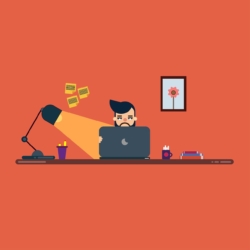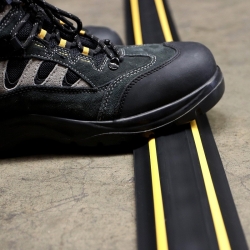To provide the best experiences, we use technologies like cookies to store and/or access device information. Consenting to these technologies will allow us to process data such as browsing behaviour or unique IDs on this site. Not consenting or withdrawing consent, may adversely affect certain features and functions.
The technical storage or access is strictly necessary for the legitimate purpose of enabling the use of a specific service explicitly requested by the subscriber or user, or for the sole purpose of carrying out the transmission of a communication over an electronic communications network.
The technical storage or access is necessary for the legitimate purpose of storing preferences that are not requested by the subscriber or user.
The technical storage or access that is used exclusively for statistical purposes.
The technical storage or access that is used exclusively for anonymous statistical purposes. Without a subpoena, voluntary compliance on the part of your Internet Service Provider, or additional records from a third party, information stored or retrieved for this purpose alone cannot usually be used to identify you.
The technical storage or access is required to create user profiles to send advertising, or to track the user on a website or across several websites for similar marketing purposes.
 Doctors are becoming increasingly concerned about a cascade of work-related health problems during the fallout from COVID-19, with some predicting dire consequences for employers and the economy. Whilst many have become used to working at home or have returned to work with social distancing in place, many employers are not aware that the responsibility for managing health issues amongst their employee’s rests firmly on their shoulders. (more…)
Doctors are becoming increasingly concerned about a cascade of work-related health problems during the fallout from COVID-19, with some predicting dire consequences for employers and the economy. Whilst many have become used to working at home or have returned to work with social distancing in place, many employers are not aware that the responsibility for managing health issues amongst their employee’s rests firmly on their shoulders. (more…)




















 Over a third (36 percent) of UK businesses believe that implementing new health and safety measures in accordance with the Government’s recently published guidelines are the biggest challenge they face as lockdown eases and they attempt to return to the workplace, according to new research conducted by the UK law firm,
Over a third (36 percent) of UK businesses believe that implementing new health and safety measures in accordance with the Government’s recently published guidelines are the biggest challenge they face as lockdown eases and they attempt to return to the workplace, according to new research conducted by the UK law firm, 














August 17, 2020
Is it time to get rid of all workplace policies and procedures?
by Freddie Steele • Comment, Workplace